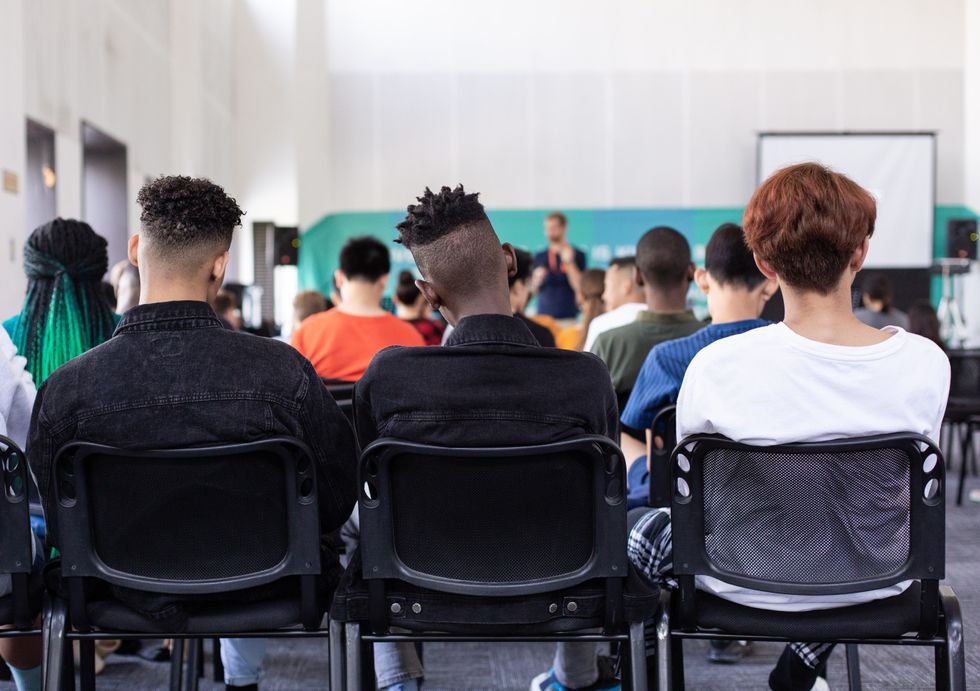If your clothing represented a political message, and your school prohibited you from wearing it, would you be angry and oblige? Or would you be angry and try to fight back?
Before 1969's historical law case, public school students did not have first amendment rights.
Mary Beth Tinker was 13 years old when she and Chris Eckhardt, 16 years old, wore black armbands to school with peace signs to protest the war in Vietnam, according to Clay Calvert's Mass Media Law book. The next day, Mary Beth's brother, John, did the same. In a school where most students supported the war, the principal feared that the armbands would provoke violence and asked students to take them off. When they refused, they were suspended.
The students' parents sued the school for a violation of free speech, according to the United States Courts. Two courts sided with the school before the Supreme Court ruled in favor of the students' First Amendment rights.
After the Christmas break, the small group of students did not wear the armbands, but they wore black clothes for the rest of the school year, according to the American Civil Liberties Union.
On February 24, 1969, the Supreme Court ruled in a 7-2 decision that neither students nor teachers "shed their constitutional rights to freedom of speech or expression at the schoolhouse gate," according to United States Courts. Before the Tinker v. Des Moines case, public school students were not given First Amendment rights at school.
If you like law or history, this is a small piece of knowledge I wanted to provide. This activism for free speech is inspiring to remember that our activism today will be known in 50 years. Everything starts somewhere with someone. These were young students who demanded a change. This was only 51 years ago and something as small as an armband would have been considered wrong by the school.
I learned about this case a few months ago, and it struck me that I rarely ever gave thought to symbolic speech. An armband does not cause any harm, but a school felt that they could prohibit what they did not like. I think that this is a nice topic to know about since I like fun facts. Public school students did not have first amendment rights until 1969.





 mr and mrs potato head
StableDiffusion
mr and mrs potato head
StableDiffusion










